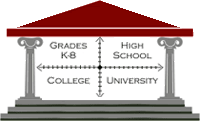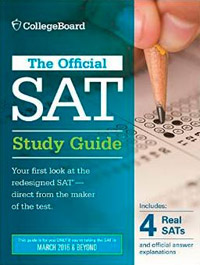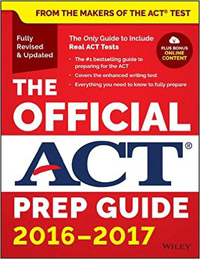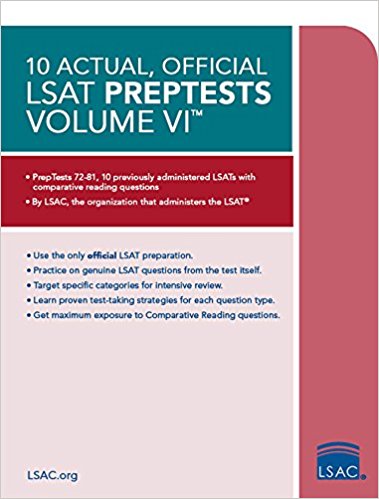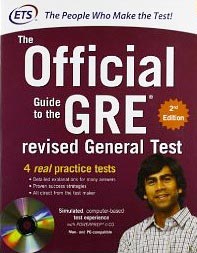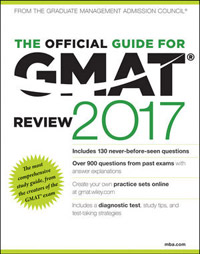|
Hello Everyone,
I'm very excited today, because I've pre-ordered a copy of Malcolm Gladwell's newest book, Outliers: The Story of Success.
Gladwell is one of my favorite authors; he combines keen social and economic insights with a very accessible style of prose. In his latest book (according to reviews I've read), Gladwell takes on the topic of those who are considered to be at the very pinnacle of their respective fields (such as Tiger Woods in golf or Yo Yo Ma in music). I am particularly interested in this subject, since my job as a private tutor, college consultant and company president requires me to interact with academic overachievers (our national team of tutors), up-and-coming overachievers (my test-prep and college consulting students), and career overachievers (the parents of my students) on a daily basis.
There is a central theory presented in the book that I find fascinating, and agree with wholeheartedly: the 10,000 hour rule. The idea behind this rule is that if you wish to become an expert at something, then you must commit 10,000 hours of your life toward that goal. This factors out to roughly 3 hours a day, every day, for ten years. While natural talent, environment and luck certainly play a role, there are no true shortcuts to success; example after example has shown that the only true path to excellence is to amass at least 10,000 hours of experience.
I love the fact that Gladwell has chosen to focus on hours of experience, rather than years; I've always thought that measuring one's experience in years, although standard procedure in most circles, is somewhat misleading. For example, the other day a friend of mine complimented my guitar-playing skills and asked me how long I had been playing. When my response was "15 years," his expression changed from sincere to amused. "Oh," he laughed, "well then of course you should be good!"
What I didn't tell my friend, of course, is that for some of those years I practiced 2 hours a day, for other years I practiced 1 hour a day, and for a few years I barely took my guitar out of its case. Although I like to think that I'm a reasonably good musician, I know for a fact that I'm a much better tutor. And the reason is simple: although I've only been tutoring for a little over 10 years, I have amassed over 10,000 hours of private tutoring experience, vs. around 5,000 hours of guitar-playing experience.
My time at Harvard helped me to understand this strong correlation between practice and success. I arrived on campus my freshman year expecting to find a sea of geniuses, only to discover that 95% of Harvard students were simply hard workers like me. Sure, most of them were naturally smart, had supportive, intellectual parents and teachers, and had experienced healthy, balanced childhoods. But they still needed to put in countless hours of study and hard work in order to receive that acceptance letter (and ultimately, a Harvard diploma).
Reading about the 10,000 hour rule has also reminded me my early days as an SAT tutor for the Princeton Review. Princeton, like most test-prep companies, likes to boast about their tutor training program, and claim that all their tutors are officially "certified" by the company. What they don't tell you is that in many cases, this training consists of nothing more than a weekend crash course in a crowded classroom.
In fact, Princeton didn't even take the time to send me to that weekend training course...the course was full and they wanted to put me to work right away. So instead they gave me 4 hours of private training with a 2 of their veteran tutors, and then immediately started assigning me students. That's right: 4 hours of training total. Thus, according to Gladwell's theory, the Princeton Review tutor training program was exactly 0.04 percent of the training I needed to become an expert tutor! And other companies don't do much better.
When they assigned me my first class of SAT students the next day, I was given a priceless piece of advice by my boss: "Good luck. Whatever you do, don't tell them that it's your first class."
As you can see, tutor training programs are mostly hype. These big tutoring companies can make all the claims they want about their training methods, but when it comes down to it, the only way to become a truly great tutor is to tutor--a lot. This is why we value experience above all other qualities when evaluating tutors.
So the lesson is this: next time you ask someone for their level of experience at something, it's OK to ask for the number of years. But don't forget about the number of hours!
-Brian
Back to Blog Home
|

